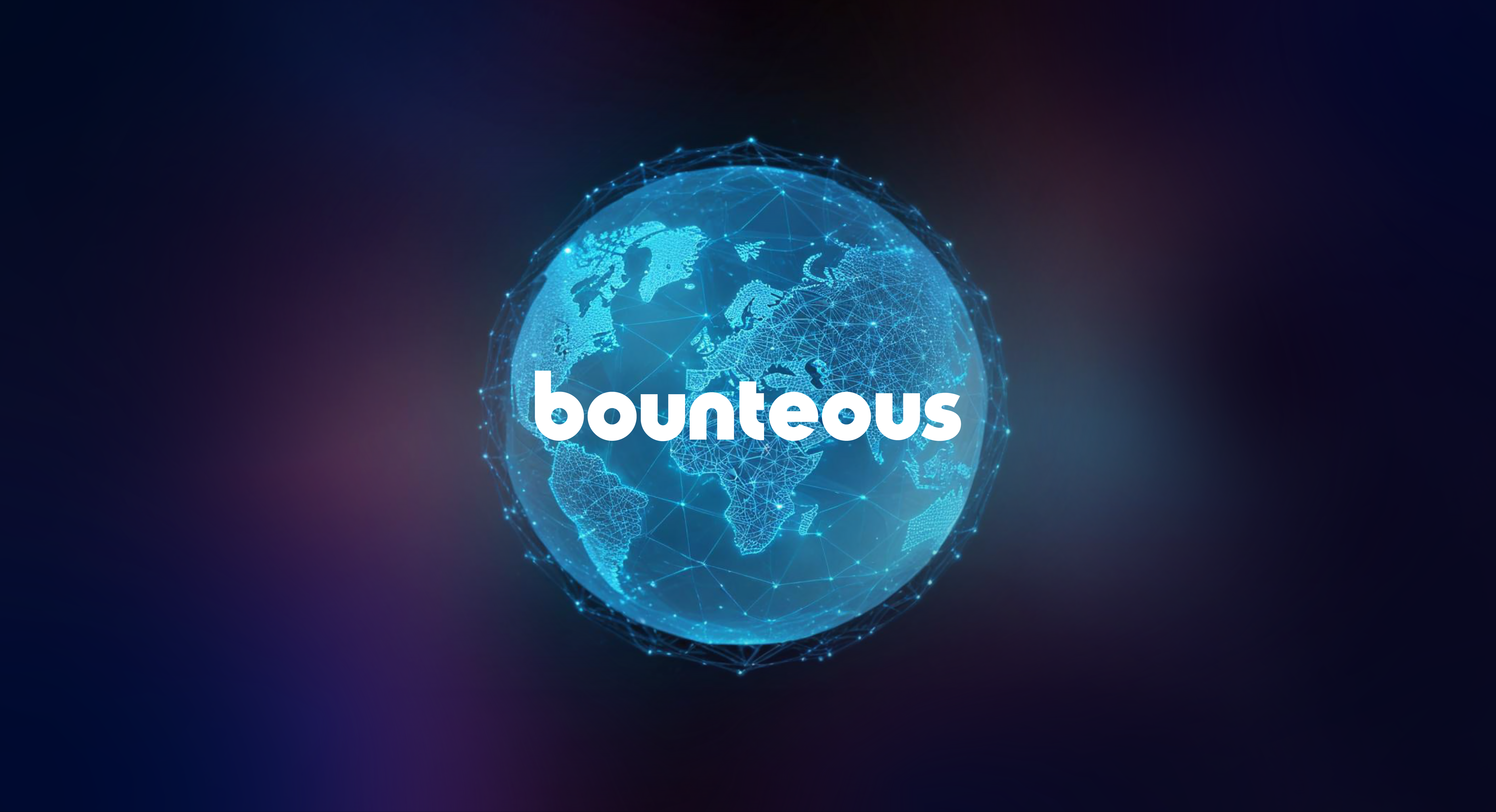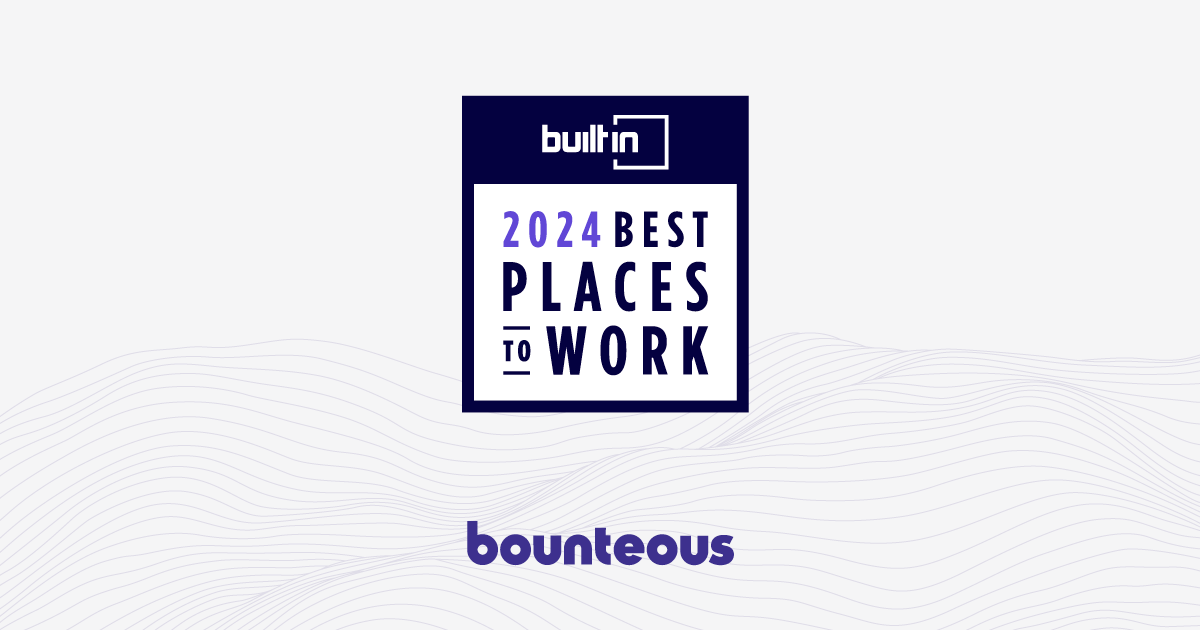Building the Foundation for a Highly Effective Company

Stephen R. Covey’s The 7 Habits of Highly Effective People was first published in 1989, but is still continually used to foster productive and collaborative work environments, including at Bounteous. The 7 Habits was selected as our all-company book club for two key reasons. First, Covey’s principles align nicely with one of our six Core Values: Healthy Work Environment. We believe in strong teamwork, mutual respect, and working together to make our work relevant, innovative, and enjoyable.
Second, as a start-up company progressing through steady, but measured growth, culture was historically defined through common experience—team members worked with each other for several years with relatively few additions. This meant that culture wasn’t taught, it was innate. As Bounteous began to grow, we needed a way to convey the company culture to the entire organization simultaneously, as well as provide a common nomenclature for discussion and collaboration. The 7 Habits managed to guide us through this time of expansion, foster an enduring healthy and cooperative workplace, provide a blueprint for professional development and continued growth, and build the foundation for a highly effective company.

Habit 1: Be proactive
Covey’s habits build on each other and the first habit, Be Proactive, is the foundation for the entire program. The essence of Habit 1 is to take responsibility for your own life: “Our behavior is a function of our decisions, not our conditions.” One must take initiative and embrace responsibility to create change. Everyone has a Circle of Concern and a Circle of Influence. The Circle of Influence are the situations we can shape. The Circle of Concern are the circumstances we are unable to control. The goal is to accept and let go of the Circle of Concern and take control of the Circle of Influence. “Act or be acted upon.”
Habit 2: Begin with the end in mind
The next step is to start with a clear understanding of your destination. First, determine what needs to be accomplished. Next, decide how best to accomplish it. Covey suggests the way to start is by developing a personal mission statement that outlines what you want to be, what you want to do, and the values behind these goals. Your personal mission statement begins at the center of your Circle of Influence, or beginning with the end in mind. Whether the center of your circle is family, money, work, possessions, pleasure, religion, friends, or yourself, it’s at the center where security, guidance, wisdom, and power are fueled. Security provides personal strength; guidance provides direction; wisdom influences perspective; and power, the capacity to act.
Habit 3: Put first things first
The goal of Habit 3 is to prioritize activities by utilizing the four quadrants of time management, or the intersection of important and urgent. Urgent matters are activities that demand immediate attention; important are the activities that contribute to your personal mission. When faced with prioritizing your to-do list, determine which of the four quadrants the activity should live: 1) urgent and important (i.e., deadlines, emergencies); 2) non-urgent and important (i.e., relationships, development); 3) unimportant and urgent (e.g., phone calls, interruptions); 4) unimportant and non-urgent (i.e., web surfing, idling). Once those activities are sorted into their respective quadrants, act! Manage quadrant one items; focus on quadrant two activities; delegate quadrant three endeavors; and eliminate quadrant four time-wasters.
Habit 4: Think win/win
Covey best introduces Habit 4: “With a Win/Win solution, all parties feel good about the decision and feel committed to the action plan. Win/Win sees life as a cooperative, not a competitive arena.” Those who possess a Win/Lose approach think selfishly and are incapable of compromise. Those who rely on Lose/Win tactics, sacrifice their own standards and visions for someone else’s. In a Lose/Lose scenario, two individuals who rely on a Win/Lose approach, collide, crash, and burn. Only in the ideal Win/Win situation—the balance between courage and consideration—are both parties focused on mutual benefits. Win/Win is not only a unifier, it’s the key to building long-term partnerships.
Habit 5: Seek first to understand then to be understood
Habit 5 recognizes that to work well with others, you need to first be open to understand. The key? Empathetic listening. Empathetic listening replaces assumptions and charged emotions with mutually beneficial alternatives. Whether you agree or not, it’s vital to show genuine interest in seeking another person’s point of view. Covey uses the Greek notion of Ethos, Pathos, and Logos as the foundation for effective communication and you must depend on all three to be successful. Establish personal creditability through Ethos; build the relationship by using Pathos; and rely on reason with Logos. If we truly seek to understand, our differences shouldn’t matter. When stumbling blocks are replaced with stepping stones, we are on the path toward true collaboration.
Habit 6: Synergize
Habit 6 discusses the idea of synergy, which is the essence of creative cooperation. First, envision the problem from the other point of view. Second, identify key issues and concerns. Third, determine what results constitute a fully acceptable solution. Last, identify potential new options to achieve those results. Use differences in a relationship as a source for creativity and an opportunity to generate innovative solutions and produce third alternatives.
Habit 7: Sharpen the saw
Last, Habit 7 focuses on self-improvement. Only when we are physically, mentally, spiritually, and emotionally strong, are we able to best contribute to a healthy work environment. As Covey explains, “investment in ourselves is the only instrument we have with which to deal with life and to contribute.”


